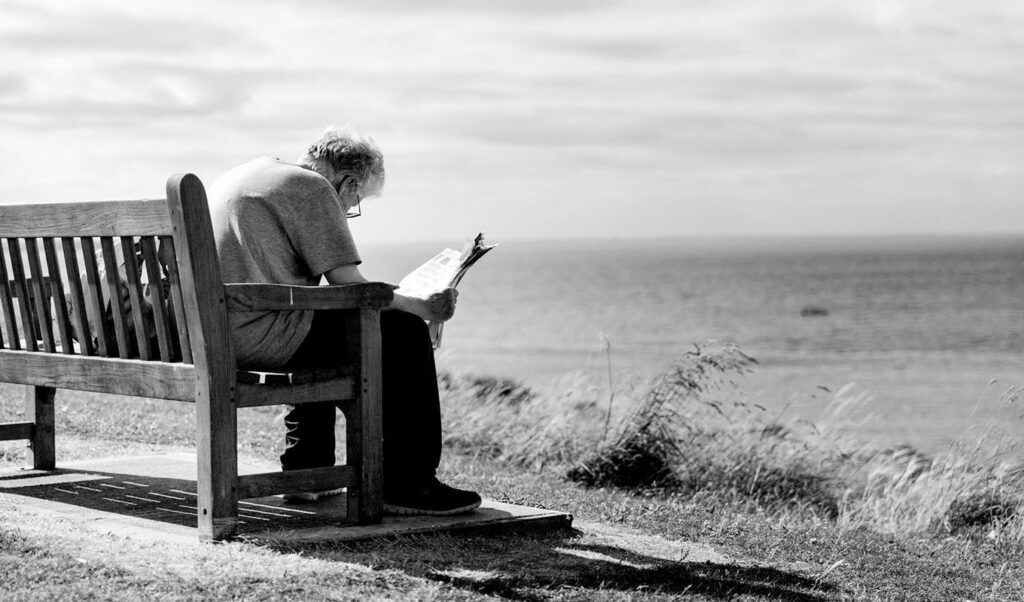In Greek maternity wards, the cries of newborn babies are heard increasingly rarely. It’s telling that in 2023, only 72,300 children were born – the lowest number in decades. At the same time, in hospital corridors and senior centers, elderly people fill the spaces. In short, Greece’s population is shrinking and aging. What’s most concerning is that this silent demographic crisis isn’t something coming in the next few years. It’s already here and requires immediate action to be stopped. Behind the numbers hide stories of daily insecurity: young people who don’t dare start families, and elderly people who spend their days alone, with television as their only companion. Therefore, if the country doesn’t change course, it risks becoming a society where life diminishes – not just numerically, but in quality.
Demographics: Greece’s population decreased by nearly 500,000 people between 2011 and 2024
Greece has been in a phase of demographic decline for years. According to research conducted by the team of associate professor and director of the Laboratory of Demographic and Social Analysis at the University of Thessaly, Greece’s population decreased by nearly 500,000 people between 2011 and 2024, within just 13 years. What’s most alarming is that this declining trajectory isn’t temporary. The fertility rate currently ranges between 1.3 and 1.4 children per woman, significantly below the replacement threshold of 2.07 children per woman. What does this mean practically? Not enough children are being born to replace those who pass away.
As births decline, the percentage of elderly people steadily increases. In 2023, almost 23% of the population was over 65, while elderly people outnumbered children aged 0-14 by approximately 1 million.
This picture places Greece among the most aged societies in the European Union, with one of the lowest youth population percentages. The forecast for the next three decades is even more worrying: aging, shrinkage, and depletion of working-age populations.
However, aging isn’t just numerical. It means increased health needs, care requirements, social support, and a feeling that society ceases to have a “future,” to renew itself, to progress.
Marios Kyriazis: Many elderly find comfort in online communities
Behind the statistics are people struggling daily to survive and live with dignity. Speaking to “P”, doctor and gerontologist Marios Kyriazis MD, DSc (Specialty Chief Editor, Frontiers in Geriatric Medicine, Director, National Gerontology Centre, Cyprus) refers to the main problems elderly people face in Greece: loneliness, financial difficulties, and anxiety arising from over-preoccupation with their health.
“When someone faces financial problems and loneliness, they often experience anxiety, insomnia, depression, while simultaneously focusing heavily on their health problems and worrying about the slightest issue. Thus, anxiety amplifies,” he notes characteristically.
Indeed, loneliness is the most silent yet toxic burden for an elderly person. According to WHO, social isolation increases the likelihood of premature death almost as much as smoking.
Mr. Kyriazis points out that social media has played a role in relieving the loneliness characterizing the “third age.” Many elderly people find comfort in online communities, video calls, online classes, or entertainment apps.
However, technology cannot replace human presence. The greatest need is inclusion, not simply “monitoring” social life from a distance. Science is clear: active participation of elderly people in society improves their physical and mental health, reduces depression, and increases life expectancy.
“The important thing is to start with something they already know. For example, a retired teacher doing volunteer work with students or a retired nurse doing volunteer work with caregivers, etc.,” says Mr. Kyriazis.
“Greece needs a profound mindset change toward the third age”
What Mr. Kyriazis emphasizes is that, beyond developing infrastructure, which is imperative, Greece needs a profound mindset change toward the “third age.” “It’s not enough to build care structures if we don’t change how we view elderly people. Ageism is more widespread than we imagine. And it’s not just about negative ageism (“old geezer,” “hag,” “has dementia,” “shouldn’t drive at advanced age,” etc.), but also positive ageism, which is harder to detect. First of all, why should we support the “elderly”? Who is “elderly”? Someone 60 or 85? If someone is 80 but healthy, why would they need support or help? If we see, for example, an elderly man on the bus who appears perfectly healthy and strong, why should I offer him my seat? These are examples of wrong mindset, projecting that age alone means weakness or illness. It’s better to talk about individuals who need support, regardless of age. Perhaps the term “elderly” needs better interpretation.”
The bridge between generations is the most valuable tool we have. Young people can make a difference not only with material help, but also with respect, time, and meaningful communication. Instead of considering the “third age” a “burden” or “problem,” let’s see it as a source of wisdom, experience, and human warmth. Let’s learn to recognize ageism and reject it. Let’s encourage participation, volunteering, intergenerational solidarity.
In any case, low birth rates and population aging constitute enormous challenges for Greece, with impacts on the economy, welfare state, and daily life.
However, within this crisis lies an opportunity – to rethink how we care for people of all ages, break stereotypes, and build a more supportive, active, and humane society.
*Published in Parapolitika




